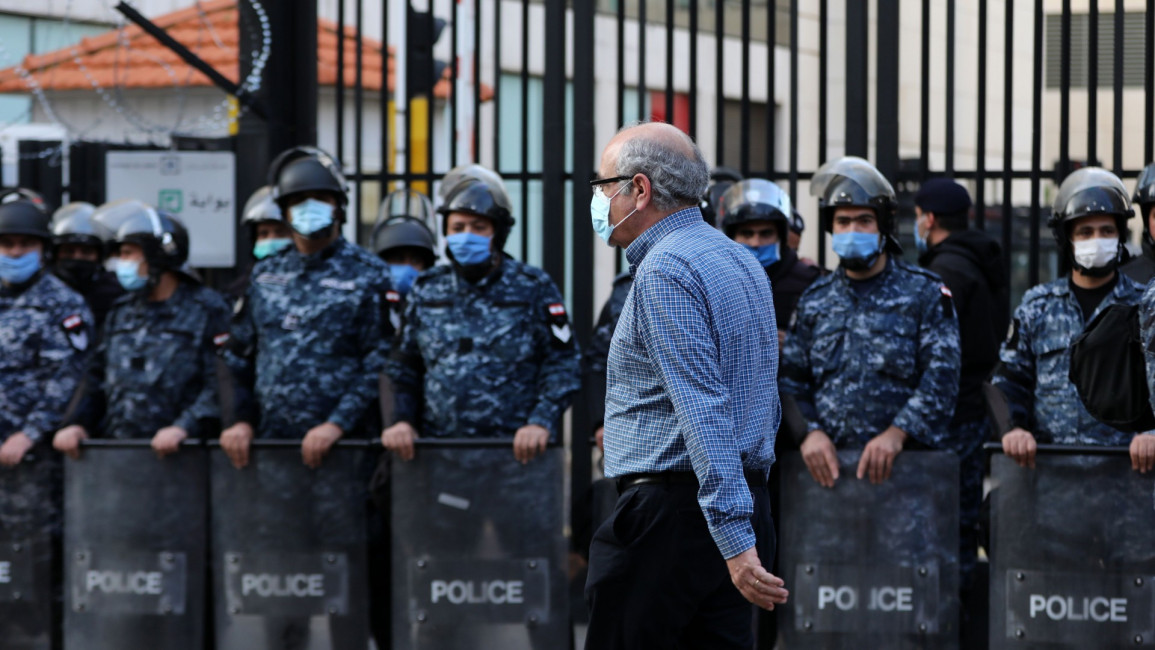Lebanon initiates request for IMF assistance
Lebanon on Friday signed a request for financial help from the International Monetary Fund, initiating a long process the government hopes will ease the country’s worst post-war economic crisis.
"Prime Minister Hassan Diab and Finance Minister Ghazi Wazni signed a request for assistance from the International Monetary Fund," the government said, a day after announcing it would turn to the multilateral lender for help.
Lebanon is in the thick of its worst economic crisis since the 1975-1990 civil war.
A lockdown to fight the coronavirus pandemic has only added to the heavily indebted country's economic woes, which include soaring inflation, a liquidity crunch, plummeting currency and a first sovereign debt default.
An economic reform plan, unanimously approved on Thursday in a cabinet meeting, is expected to reduce Lebanon's enormous public debt burden from 170 percent of GDP to less than 100 percent.
It aims to see positive economic growth restored from 2022.
In tandem, the government will seek more than $10 billion dollars in financial support on top of $11 billion in grants and loans already pledged by international donors in 2018.
It is unclear how much would come from the IMF.
"We have taken the first step on the path of saving Lebanon from a deep financial" crisis, Diab said in a video shared on his Twitter page on Friday.
"It would be difficult to get out of it without efficient and impactful help."
Experts had lobbied for an IMF rescue as the only exit from Lebanon's financial slump, but some officials have said they are wary of recommendations the world body may impose.
Forty-five percent of Lebanon's population now lives below the poverty line, according to official estimates, and tens of thousands have lost their jobs or seen their salaries slashed.
The Lebanese pound, pegged to the dollar at 1,500 since 1997, reached record lows on the black market this week, selling for more than 4,000 to the greenback.
The official rate of 1,500 pounds to the dollar remains unchanged, but the reform plan adopted by the government is "based on an estimation of a rate of 3,500", according to a copy of the document seen by AFP.
"The peg to the US dollar that has been maintained over decades is now impossible to restore and must be revamped as part of the government programme," it added.
"Going forward, the government intends to move to a more flexible exchange rate."



